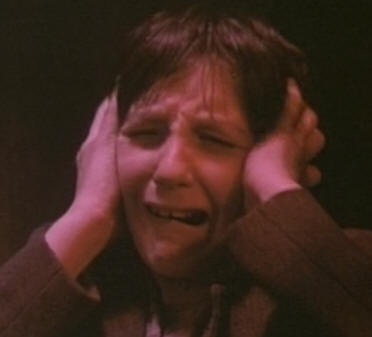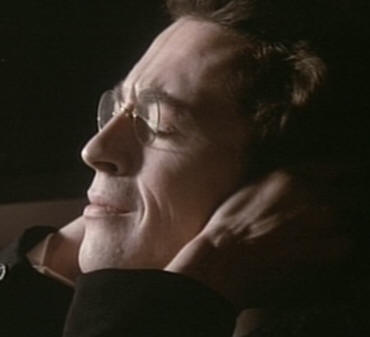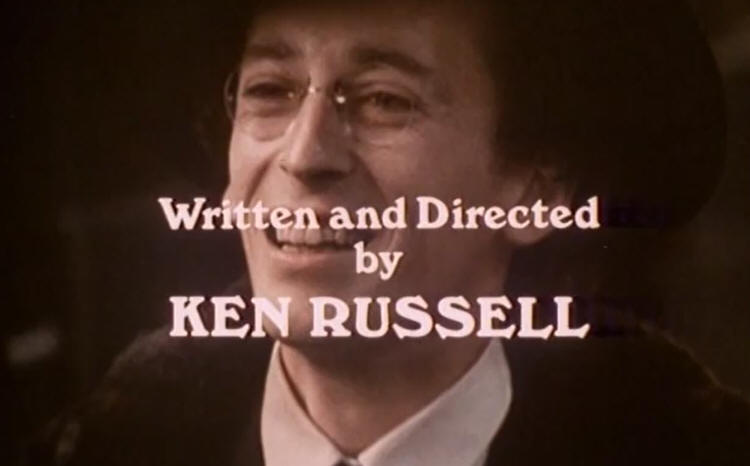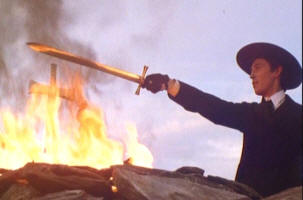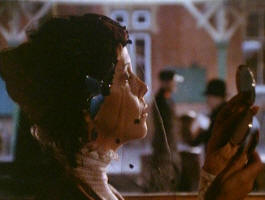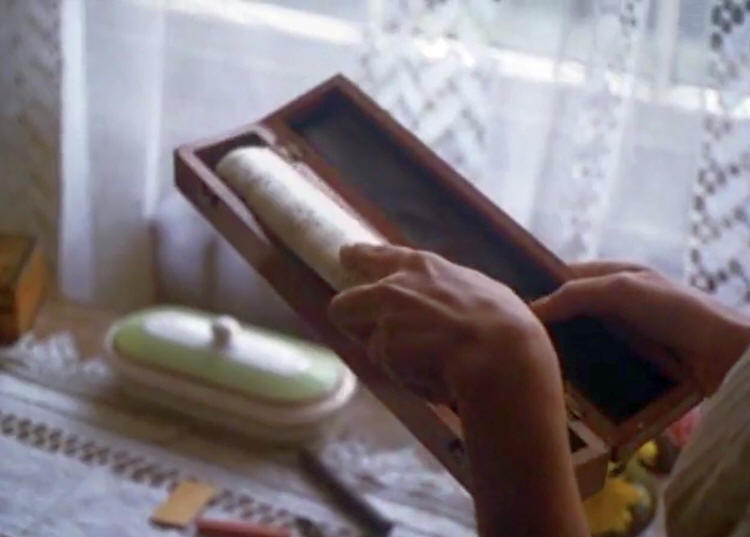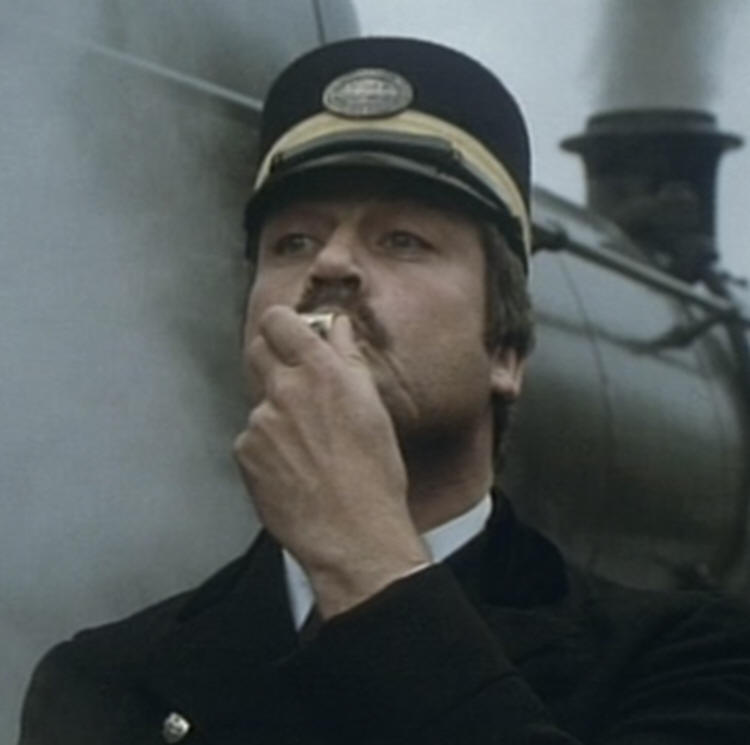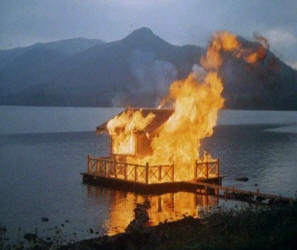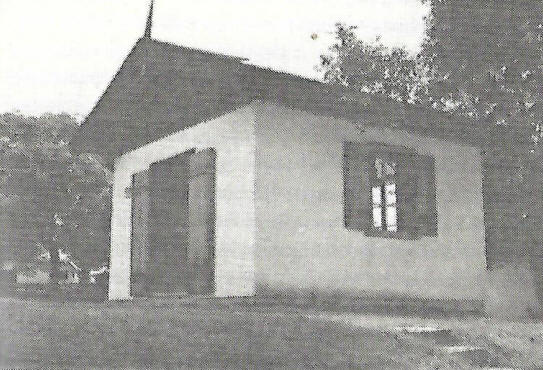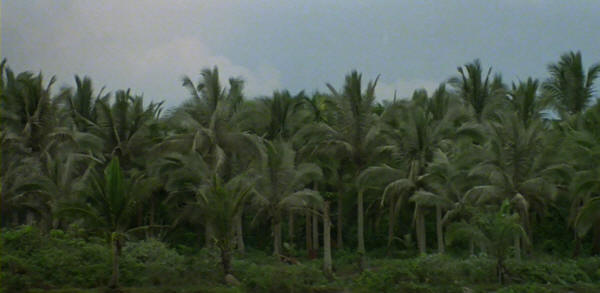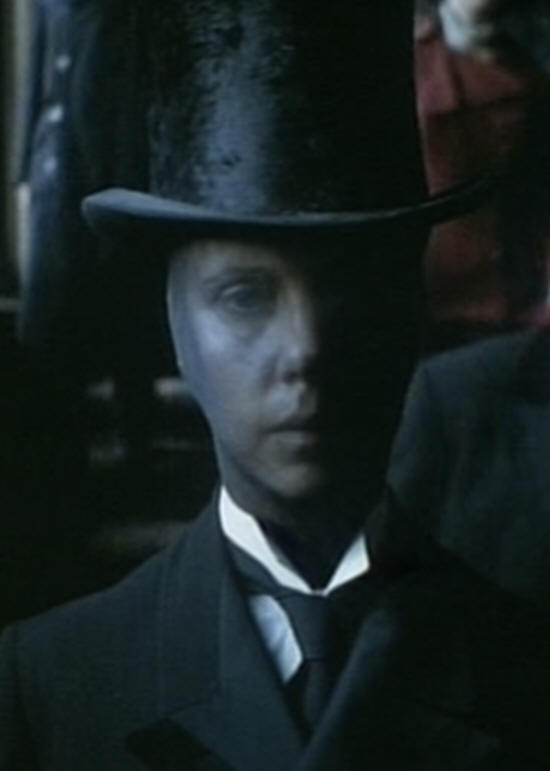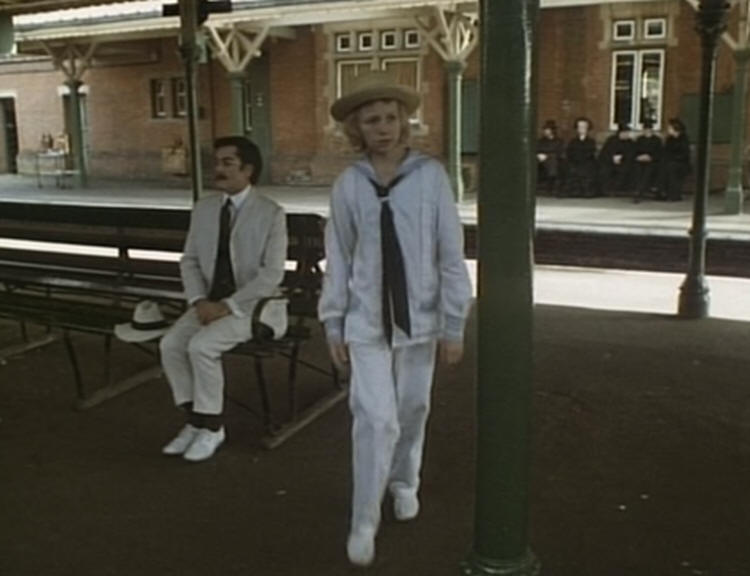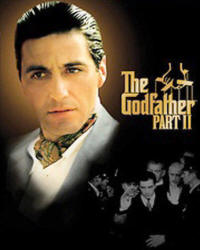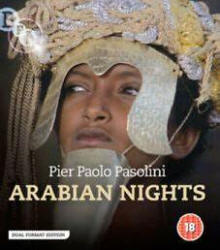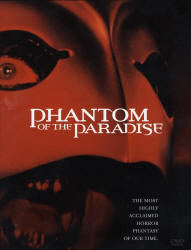|

|
It is a wholly brilliant
matching of music and image, giving back to Mahler's music as much as it
builds on it. It's one of the most densely layered works Russell ever
made" (Ken Hanke in Mountain Xpress, 21 Apr 2015 click
here) |
Ken Russell's Mahler from 1974. With two flops he needed a commercial success, so returned to classical composers. The film is about sacrifice and creativity- Mahler
has to sacrifice his religion and convert to Christianity, Alma his wife
sacrifices her musical career. A train journey provides a rite of
passage,
starting with a dream sequence which is Russell at his best and most visual-
"music always told stories to Mahler" (Peter Franklin, The Life of
Mahler, 1997, chapter 3).
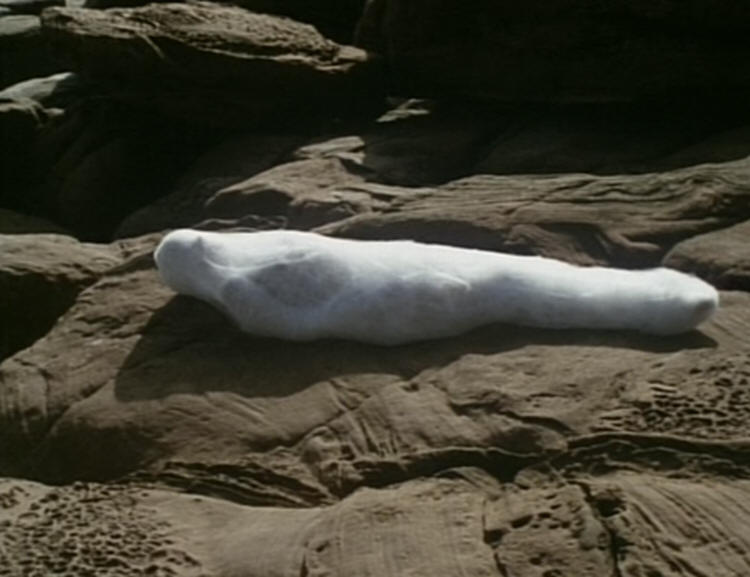
The original programme notes by Mahler for the first
symphony describe
the opening movement "The introduction depicts the awakening of nature
at the earliest dawn" (from Philip Barford, Mahler Symphonies and Songs,
1970).
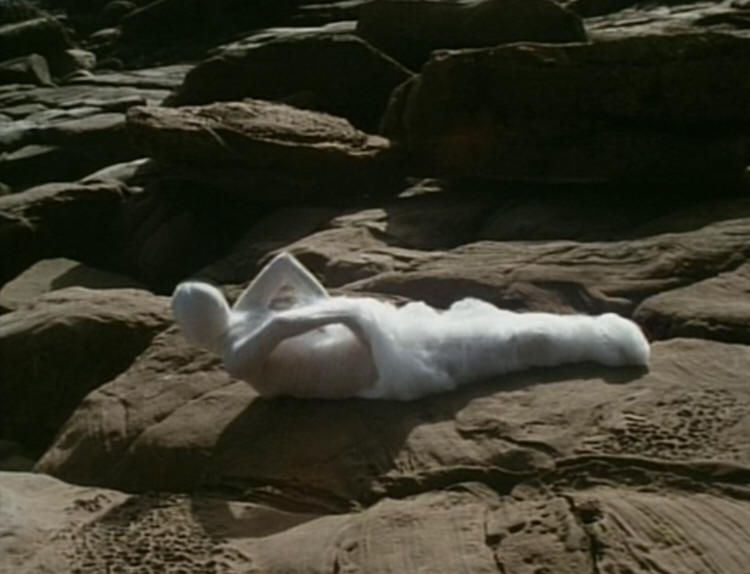
Waking Mahler says to Alma "You were part of a dream" / "A
pebble I suppose" / "No, you were a living creature struggling to be
born" / "At last you've noticed". Early indication of Alma's state
of mind.
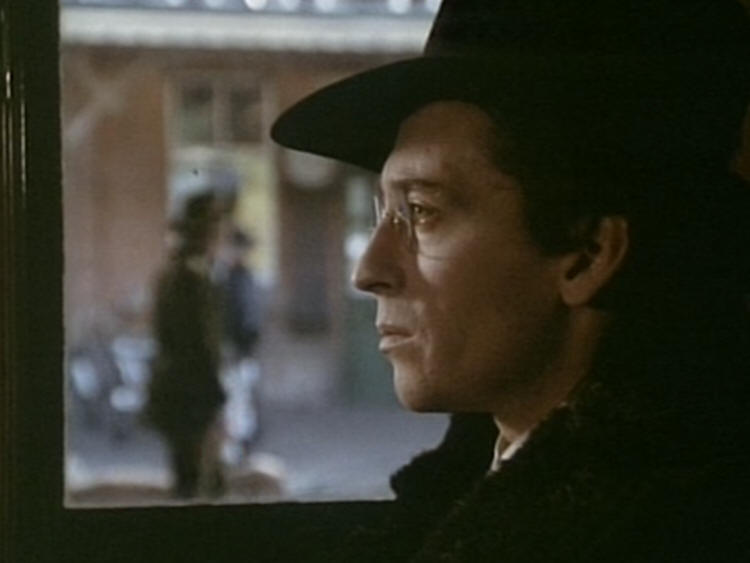
As the train journey continues Mahler
remembers episodes from his life, and on the
train itself he confronts jubilant crowds
(success), the gutter press (sensationalism), his
wife's lovers (infidelity), and the doctor (mortality).
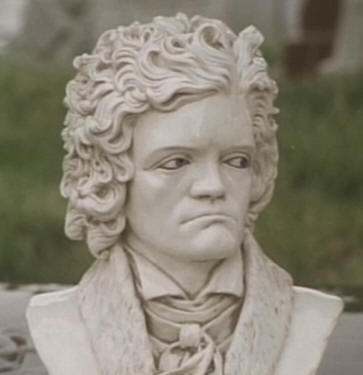
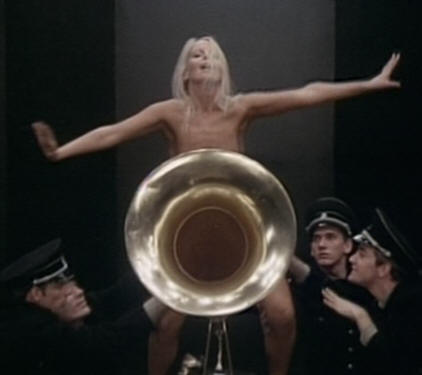
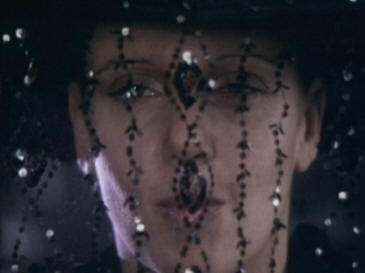
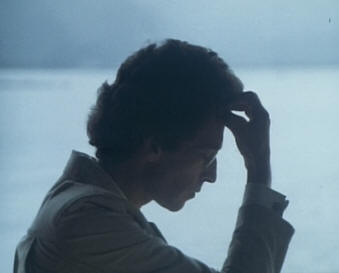
A beautiful film mixing true emotion, including the
death of Mahler's children.
The memories of Mahler's childhood bring out
the brutality of Mahler's father, with the adult tormented by his
childhood trauma. The episode is good but could be shortened, with the
Jewish scenes a bit too fake kosher.
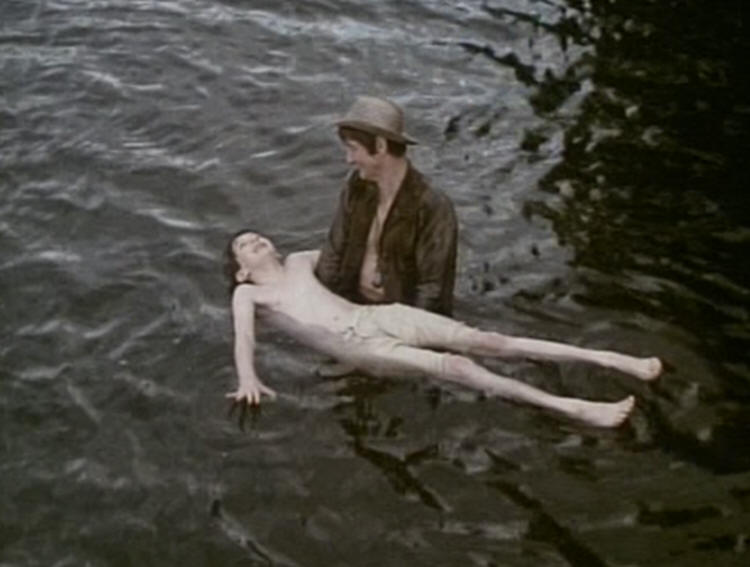
Mahler has to convert
from Judaism to Christianity to keep working. The
scene from his childhood learning to swim presages the later baptism of
Christianity. "The Jewish question touched Mahler very closely. He
had often suffered from it, particularly when Cosima Wagner, whom he greatly esteemed, tried to bar his appointment
in Vienna because he was a Jew" (Splendid Isolation 1906
from Gustav Mahler, Memories and Letters by Alma Mahler edited by Donald
Mitchell, translated by Basil Creigton, 1946).
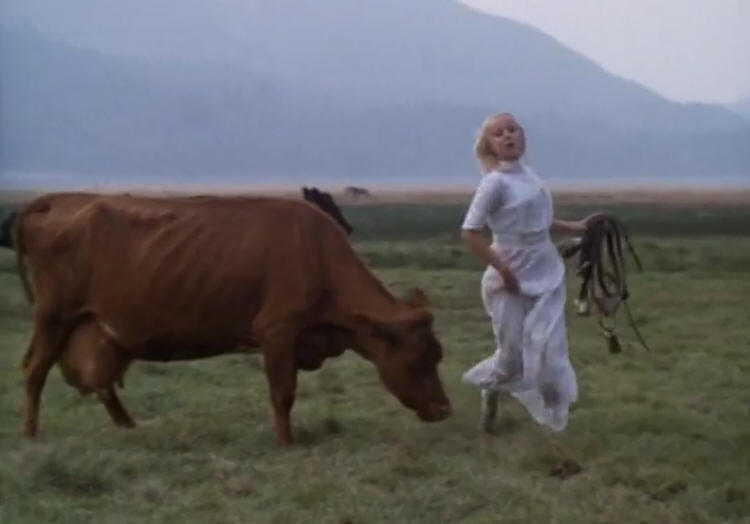
Alma removes bells from the cows, silences birds and stops
the local band to give Mahler silence to compose. This is based on
fact "the inn's other visitors, the organ-grinder and farmyard animals
had to be silenced by Natalie [friend] and Justine [sister] as best they
could while Mahler worked in his little studio on the lake shore" (from
Peter Franklin, The Life of Mahler, 1997 chapter 5).
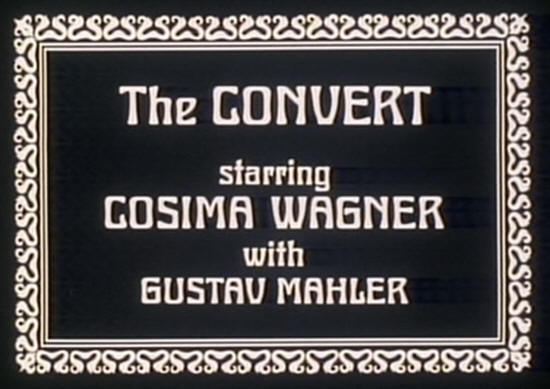
The
film cost just over 150,000 pounds and was
shot in seven weeks. The American version was shortened by 30
minutes, mainly by removing the Cosima Wagner sequence.
"a film conductor Klaus Tennstedt said was "the best film ever
made about music." I'm not about to argue with him. Mahler is from the
richest period of Russell's career — when he was at the height of power.
It is a wholly brilliant matching of music and image, giving back to
Mahler's music as much as it builds on it. It's one of the most densely
layered works Russell ever made" (Ken Hanke in Mountain Xpress, 21 Apr
2015 click
here).
All images from the film unless otherwise stated.
|
